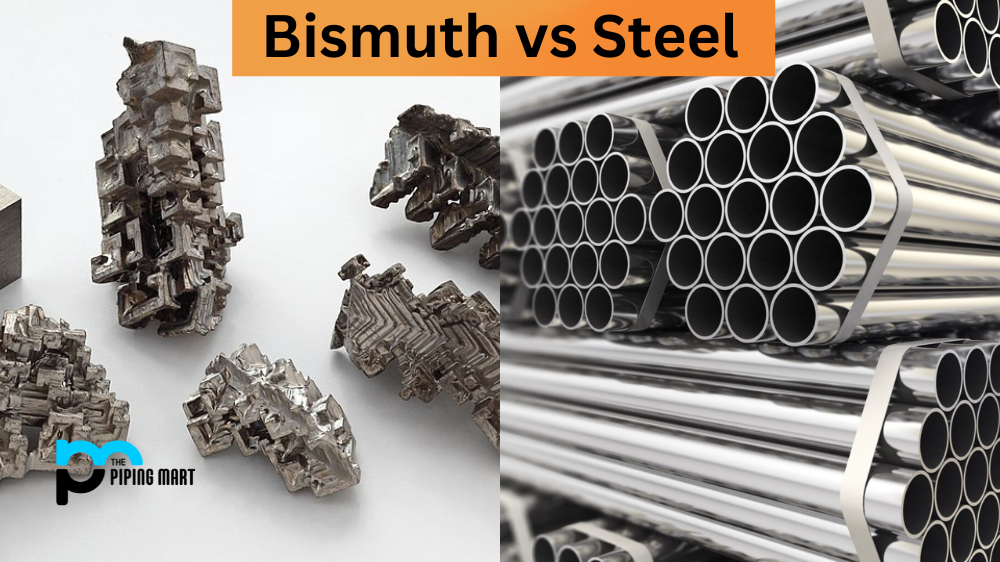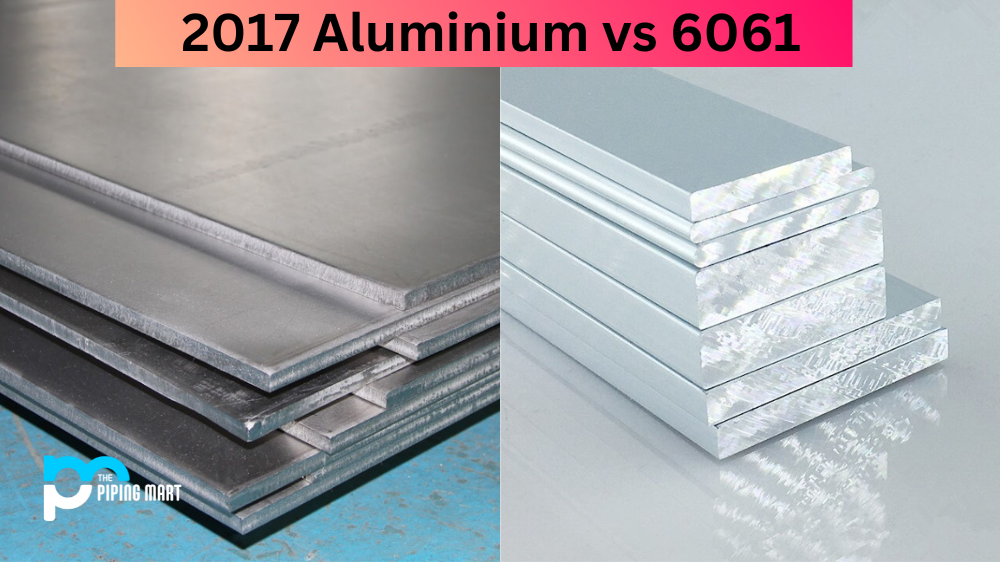When choosing materials for various applications, the discussion of bismuth vs steel often arises. Both materials have unique properties and characteristics that make them suitable for different scenarios. In this blog post, we aim to compare and contrast bismuth and steel to help you understand which material to use for various applications. Without further ado, let’s delve into the details.
What is Bismuth?
Bismuth is a chemical element with the atomic number 83 and the Bi symbol on the periodic table. It’s a post-transition metal with a pinkish-white shade known for its low thermal conductivity, high electrical resistance, and high malleability. One of the popular uses of bismuth is in alloys to create products with similar properties. Bismuth also has an important application in the cosmetics industry, where it’s used to create a shiny, glittery effect in various products such as lip gloss and eyeshadows.
What is Steel?
On the other hand, steel is an alloy of iron and carbon, usually containing less than 2% carbon and 1% manganese. Steel is known for its high strength, durability, and hardness. It has various applications across various industries, such as construction, transportation, and manufacturing. Steel is used to manufacture products such as cars, buildings, and even surgical instruments.
Difference Between Bismuth and Steel
Thermal Conductivity
When it comes to thermal conductivity, bismuth has a much lower thermal conductivity than steel. This means that bismuth can be used in heat-sensitive applications where heat transfer is minimal. On the other hand, steel has a higher thermal conductivity, making it suitable for applications requiring high heat transfer rates. For instance, steel is commonly used in heating systems due to its excellent thermal conductivity.
Susceptibility to Corrosion
Another factor to consider when comparing bismuth vs steel is their susceptibility to corrosion. Bismuth has a high level of resistance to corrosion, making it an excellent material for use in outdoor applications or chemical environments. Steel, on the other hand, is prone to corrosion. However, corrosion can be controlled depending on the type of steel used and maintenance practices.
Cost
The cost of the materials is also a critical factor to consider. Bismuth is generally more expensive than steel due to its scarcity and limited sources. On the other hand, steel is readily available and relatively cheaper than bismuth. Depending on the application, one may use bismuth due to its properties, even if it’s more expensive than steel.
Conclusion
In conclusion, due to their unique properties and characteristics, bismuth and steel are essential materials used in various applications. When choosing between bismuth and steel, it’s essential to consider factors such as thermal conductivity, susceptibility to corrosion, and cost. Both materials have their advantages and disadvantages, depending on the intended use. This blog post has given you a better understanding of bismuth vs steel, making choosing the material for your next project easier.

Meet Bhavesh, a seasoned blogger with a wealth of knowledge and experience. From metal products manufacturing to retail, Bhavesh has a diverse background in various industries and is dedicated to sharing his insights and expertise with readers.




